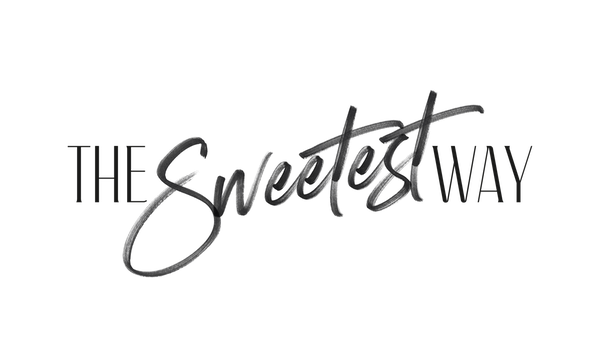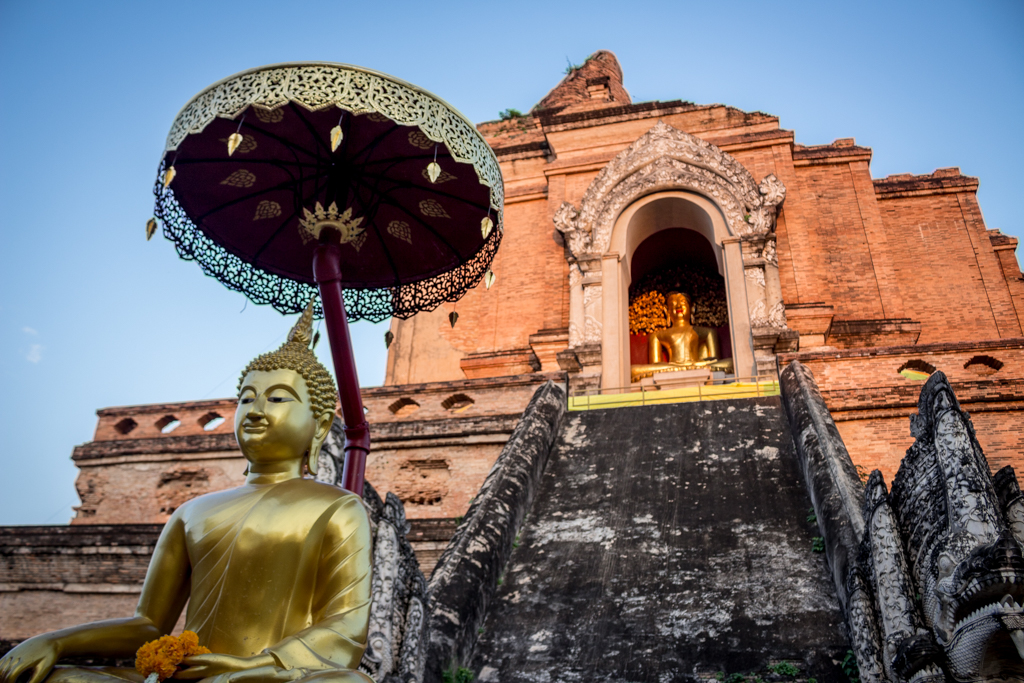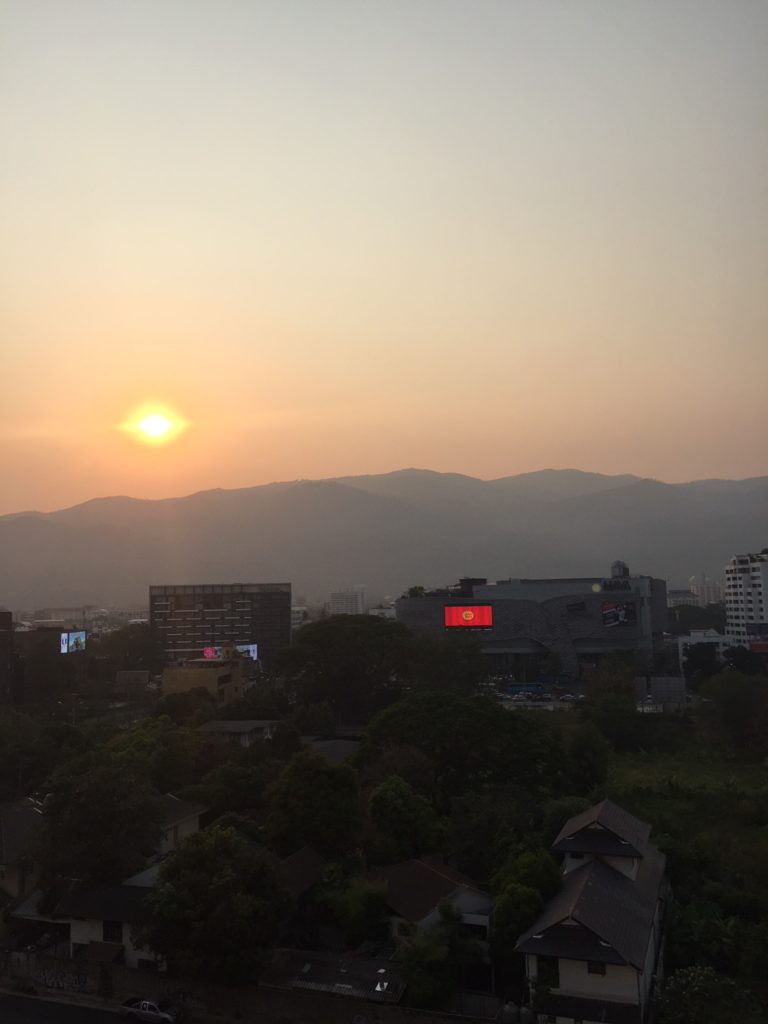Welcome to Location Independent Success Stories!
In this series, I’ll be introducing you to inspiring men and women who are using their unique skills and talents to live the location independent lifestyle of their dreams.
This week, say hello to Kristy, a boss babe, creative entrepreneur and digital nomad currently based in Chiang Mai, Thailand.
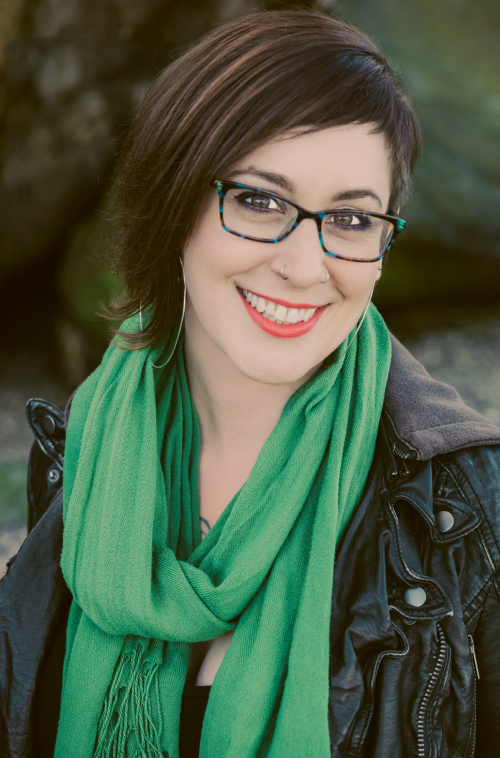 Kristy is the designer, business coach, and creative entrepreneur behind Peppercorn Creative – a boutique branding & content agency currently based between Vancouver, Canada and Chiang Mai, Thailand. Her cookbook was published worldwide in February last year and she’s currently working with her publisher on a sci-fi novel and non-fiction actionable-entrepreneurship book. When she’s not hiding in her computer or obsessing about food, Kristy enjoys long hikes in the back-country, camping, reading all the books, bourbon, and pigs. Not all at the same time.
Kristy is the designer, business coach, and creative entrepreneur behind Peppercorn Creative – a boutique branding & content agency currently based between Vancouver, Canada and Chiang Mai, Thailand. Her cookbook was published worldwide in February last year and she’s currently working with her publisher on a sci-fi novel and non-fiction actionable-entrepreneurship book. When she’s not hiding in her computer or obsessing about food, Kristy enjoys long hikes in the back-country, camping, reading all the books, bourbon, and pigs. Not all at the same time.
Follow Kristy’s adventures: Facebook | Twitter | Instagram | Pinterest | LinkedIn
First, tell us a little bit about yourself. What’s your background, and what are you doing now?
I’m Kristy! I’m a 37-year-old entrepreneur, food photographer, and author. I’m hungry pretty much all the time and I like whiskey, dogs, pigs, belly laughs, and am trying to read 52 books this year.
I grew up in a small town of 5,000 people where values like hard work, loyalty, and Budweiser were kind of a thing. My mom worked at the local grocery store, my dad for “the man.” It was a middle-class childhood and it was happy. But as I grew up, I came to realize that life wasn’t for me.
At 25 I felt the itch for adventure, packed up a moving truck, and hauled west to the coast. I settled in Victoria for 6 years. There, I went to university, made some of the best friends of my life, and worked as a bartender and server.
After graduation, I packed up again and jumped across the country to Toronto, where I stayed for two years before returning to the west coast.
How often do you travel? Do you have one city that you consider a home base?
Vancouver will always have my heart. The mountains are my soul. But as of March 1st, I officially became “homeless” and packed my bags for Chiang Mai, Thailand.
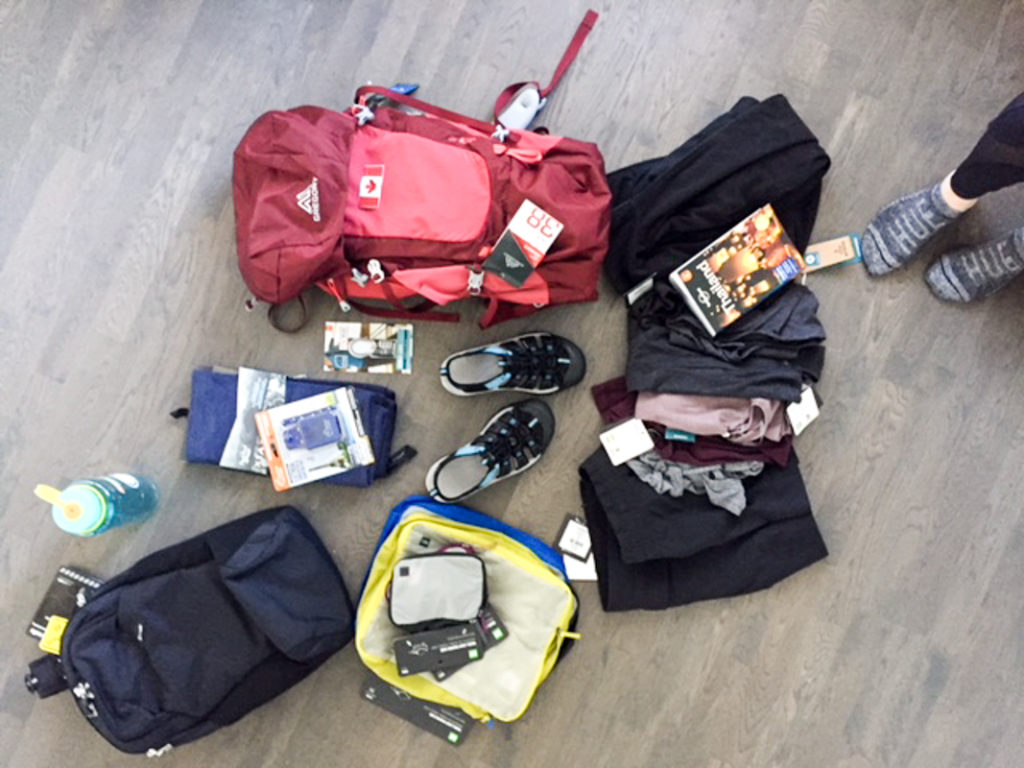
Where are you now, and where do you plan to travel next?
Three years ago I moved from Toronto back West, to Vancouver–a city I am absolutely in love with. But I recently realized the cost of living there was bleeding me dry. I lived in a 480 sq ft condo and paid $2000 a month in rent–that’s $300 below the average cost for an apartment there.
After careful consideration (and too much whiskey) I realized I had a choice to make: Either increase my income or reduce my cost of living. It isn’t always simple to control the former, so I chose the latter and moved to Thailand.
How do you typically choose your destinations?
I chose Chiang Mai based on cost of living and access to WiFi, primarily. It was one of the cheapest destinations and seemed to have the best WiFi and electricity of all the places that made my shortlist.
Second, though, was access to the outdoors–hiking, mainly. Camping. Adventuring. I feel most “me” in those environments and it’s vital to my bliss & success that I surround myself with nature.
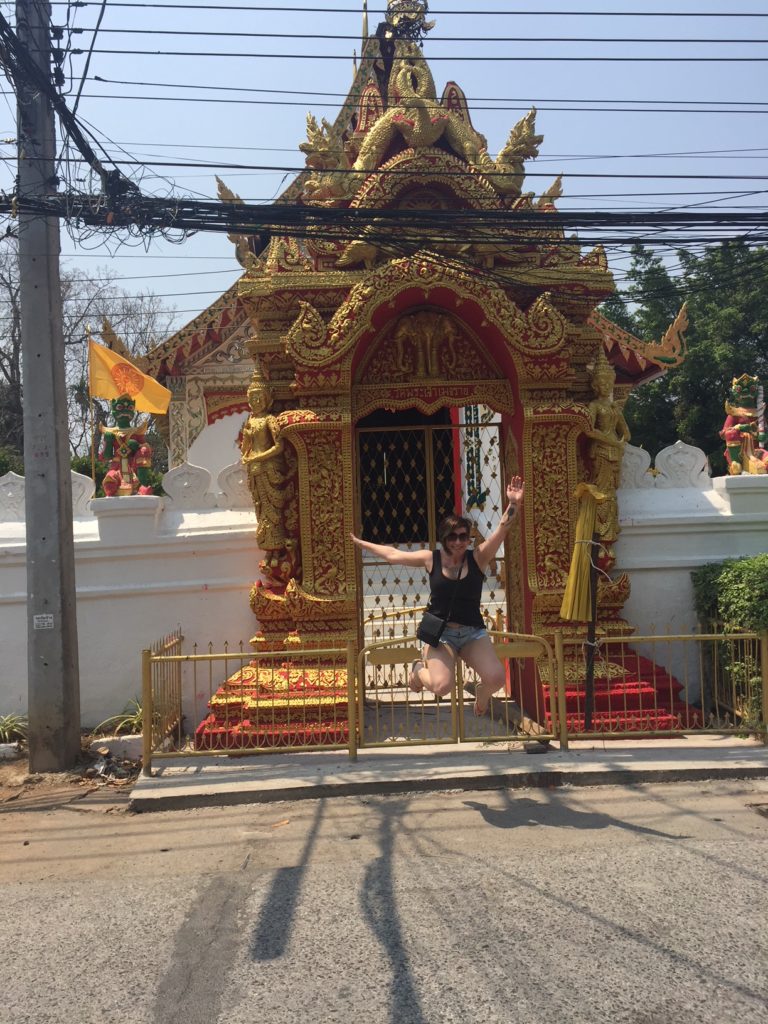
When did you realize you wanted to become location independent, and what were your reasons behind that decision?
I’ve always worked remotely (I’m in Canada and most of my clients are in the USA), and I’ve told people “I can work from wherever I want…” but I thought of that as which coffee shop felt right that morning, or how hard it was raining that day.
It never occurred to me until just recently that I could LITERALLY work from ANYWHERE that had a WiFi connection…. Craziness.
Not only will being location independent give me the freedom and flexibility to explore and adventure to nourish my soul, it’ll give me the opportunity to pay off the debt I’ve accumulated living in Vancouver, and the time to work on my next two books.
What were some of the first steps you took toward achieving this lifestyle for yourself?
My first step was to research the place–see if it “felt” like I could hang out there for a while.
The second was to buy a plane ticket. I actually told myself if I sold a particular package I’d recently quoted, I’d buy the ticket that day. When the client paid the invoice, I had no choice–I logged onto the airline website and booked myself a seat!
Then came the process of liquidating my assets. Selling my car. Everything in my apartment. When my couch sold, I moved my bed into the living room so I’d have somewhere to sit.
Shit was starting to get real!
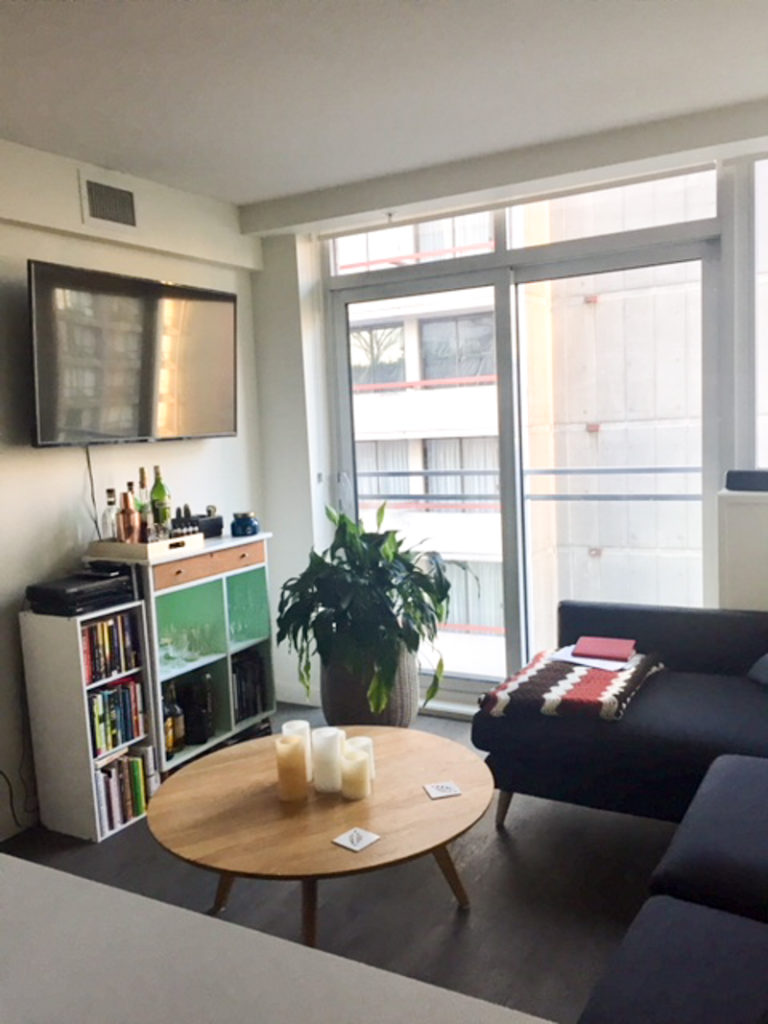
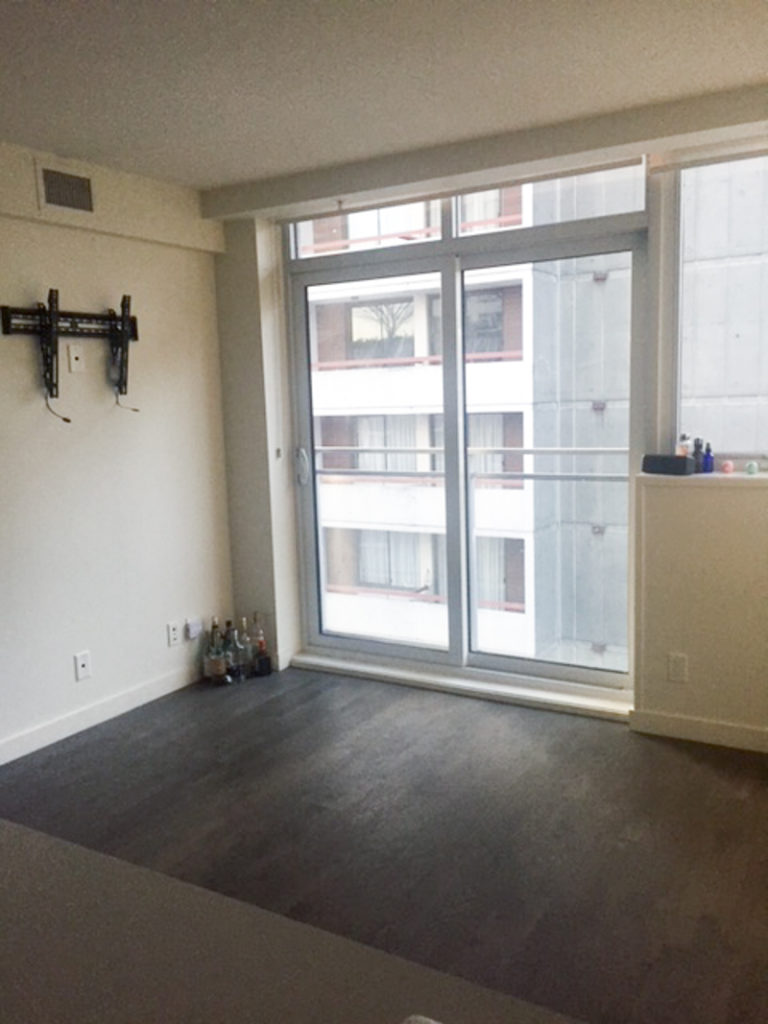
Of all the places you’ve lived and worked so far, which one was the best suited for people living a location independent lifestyle and why?
I’m pretty new to thinking about work this way, but I’ve lived and worked in a lot of places.
I’ve really loved working in Vancouver because the lifestyle here is much more chilled out than cities like Toronto or Calgary. So many people work from the coffee shop and modified work-weeks because we have such a work/life balance mentality.
Trouble is, it’s so expensive to be there. I was really stoked to try Chiang Mai on for its more affordable living and to join the digital nomad community here.
Tell us about your work. What is your primary source of income?
My main income comes via my business, Peppercorn Creative.
I’m a brand strategist and I specialize in mobile, Google & user-optimized website design that funnels folks further into your content, killer copywriting services that sell for you, and a very unique action-oriented coaching program that delivers results based on your specific challenges and goals.
How did you get started doing what you’re doing?
When I was 32, I’d graduated university with a degree in Women’s Studies, specializing in food politics. I directly went to work for a multinational investment firm, which was pretty much the opposite of everything I valued and believed in.
I wasn’t new to “the job thing”–I graduated university as an early-30-something, but “the corporate job thing” hadn’t been part of my life until then. That lasted four months.
Between begrudgingly getting out of bed each morning and losing my shit having mental breakdowns in the street, I had a choice to make: Lose my mind or change my circumstance.
One day I cultivated the courage to hand in my two weeks’ notice and try something different.
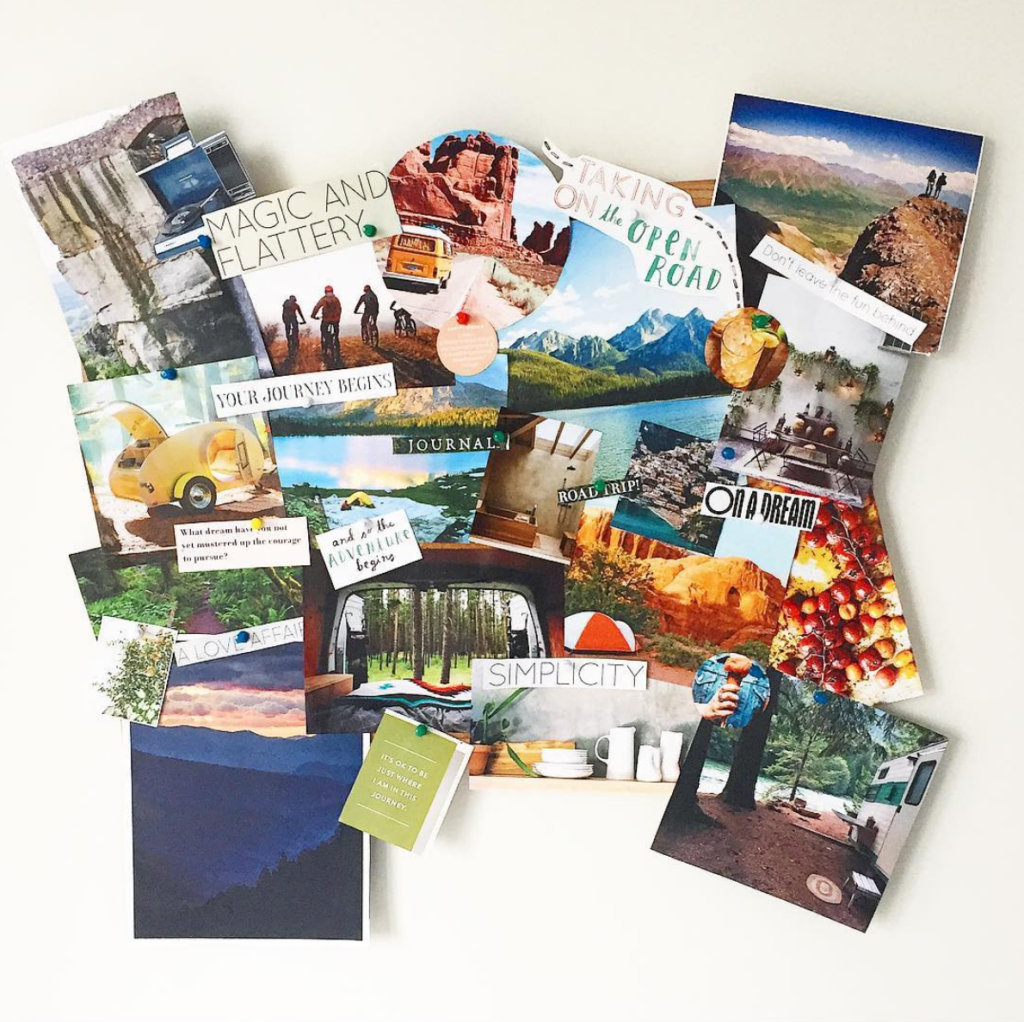
At that time I’d been food blogging for several years and was helping peers in the community with their websites and blogs. Someone suggested I get paid for it. So, that became my new plan.
At that time I was living in Toronto (where I knew no one), was $70K in student loan and credit card debt, and had zero savings. Like, nada. All I knew after four months of being in the corporate world was that I didn’t fit.
So yeah, I quit. And without any other prospects, I had to figure shit out pretty quickly. I spent that first year working long-ass hours, experimenting with marketing, and flailing like mad.
Slowly, things got easier. Clients started referring their friends to me. My income grew. And my business became something cooler than I ever thought possible. And now I get to help people do what I’ve done–claim the life THEY want through their businesses.
What does the average workday look like for you?
Balance is incredibly important to my sanity. It’s something I guard vigilantly. Which is why I no longer work 14-hour days. I don’t even work 8-hour days!
Generally, I wake up at 5 am.
I spend the next hour and a half making breakfast, reading, and meditating.
Most days I work six hours on Peppercorn Creative work, work on a book and write for one hour, and work out between the two. If I can fit a full 90 minutes of fitness in each day, I’m happy. But some days it’s only 30-40 minutes.
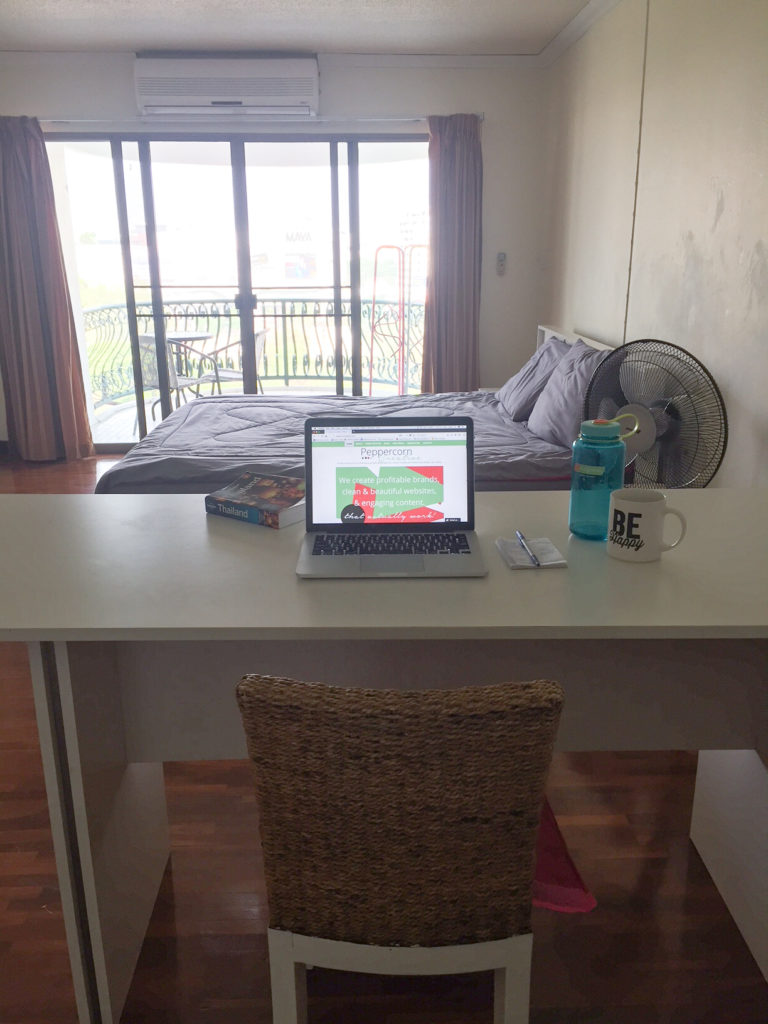
I generally have light dinners to keep things simple–salads, wraps, pasta. Anything I can make in 20-30 minutes and is loaded with protein and veggies.
After dinner, that’s my “monkey” time. I can do whatever I want during that time–I can “monkey-around.” Usually, I read some more, go on a hike, take a bath, or visit with friends. Or a combination of all those things!
I try to go to bed by 10 pm.
If someone else wanted to follow a path similar to yours, what advice would you give them?
Do it. Just do it and figure it out. I know we all come from different backgrounds, privileges, experiences, circumstances, etc… And that makes the path easier for some than others. Easier doesn’t necessarily mean better.
No one is going to make your life happen but you.
So get after it. Be scared. Flail. Fail. But don’t let fear of the unknown stop you. If someone else can do it, so can you.
There’s a great quote by a folk singer, Ani Difranco, who has had a huge impact on my life. She sings “all of this was just someone’s idea, it could just as well be mine.”
So, go have an idea. Go have an adventure. Go do it.
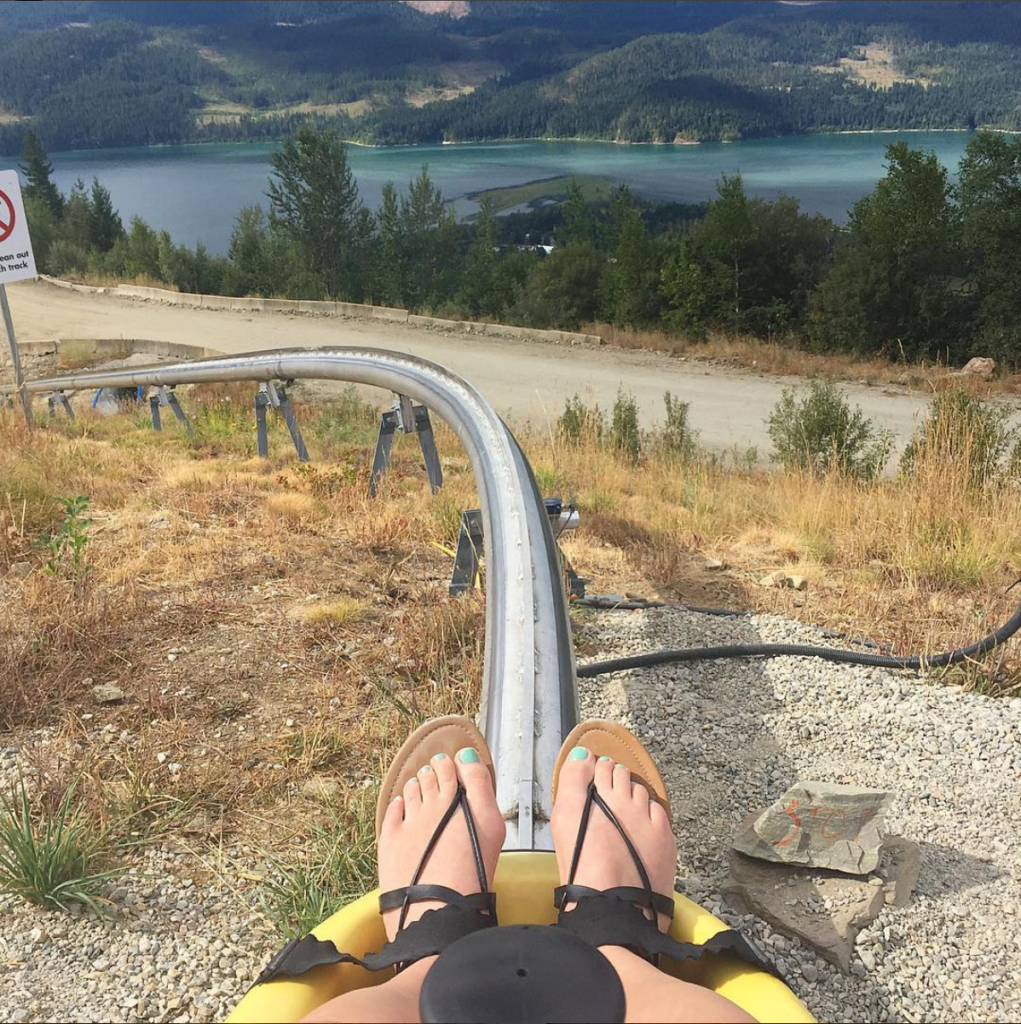
How much could someone expect to earn when just starting out? How much do you earn now?
I think that all depends on what you’re offering and who you’re offering it to. When I started I made the same thing in the first year as I did in my corporate job. Sure, I was working more hours in the beginning, but I made it work. I made $40K working my ass off that year.
Now, I earn about $100K.
I could make more if I worked more hours and hustled harder, but my needs are met. There comes a point when more money doesn’t equal more freedom or happiness–if anything, it hinders it. So I found my happy place and I’m good here.
Do you have other income sources as well? What are they?
I’m a writer with a globally published cookbook. I made an advance on that but have yet to clear it and see further royalty cheques. I’m working on two more books as we speak.
Though as any writer (with the exception of a very few famous ones) will tell you, you don’t write books to get rich. You do it because you have a story to tell.
I occasionally work with brands on my food blog, She Eats, for product and food photography as well, but that’s more for fun than anything.
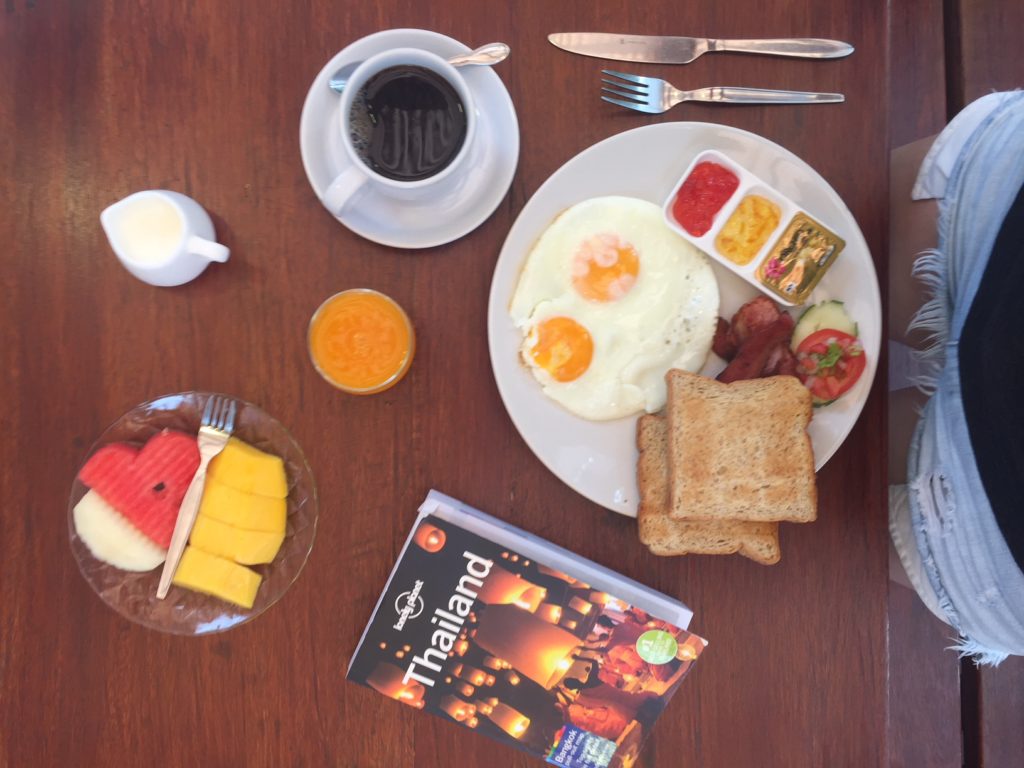
In your opinion, what is the hardest thing about living a location independent lifestyle?
The fear of the unknown. For example, with my trip to Chiang Mai, I didn’t know anyone here. I don’t speak the language. I’d never been to Asia. I’d never even traveled alone.
So it’s gonna be a lot of WTF moments. The unknown is scary. And that’s okay.
What are some of the things you like about it the most?
The freedom and flexibility to live on my terms. No one tells me what to do but me. Granted, I’m kind of bossy sometimes. But I’m the one creating and curating my life. And that’s magic.
How did becoming location independent change your relationship with travel? Do you do things differently now?
Absolutely! I’ve been told I have, ahem, “expensive” taste…. I live a minimal lifestyle, but what I do have, tends to be comfortable and good quality. Becoming location independent has forced me to consider the possibility of living on less.
Instead of a swanky hotel, I’m trying on hostels and apartments. Instead of dining at fancy restaurants, I’m chowing down at street carts. Instead of wine, I’m inhaling ice cold beer.
And all of this has resulted in a more experiential experience, if that makes sense.
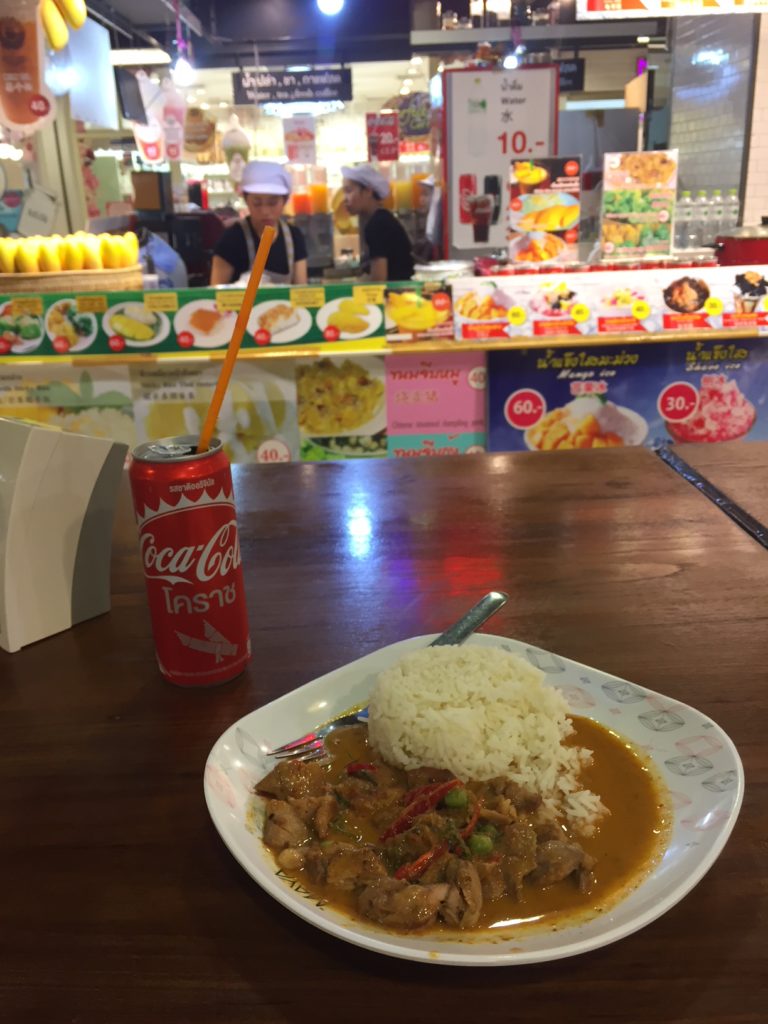
Do you have any great money-saving travel tips to share?
Before you go on your trip, ask yourself: do I *really* need to put my stuff into storage?
Friends and family were shocked when I sold my car, my couch, and all my house-and-home creature comforts–I spent a lot of money on those things. But I’m saving SO MUCH money by not housing them while I’m away.
You can always buy another car. Another couch. Another bed. Or maybe you’ll enjoy the adventure so much, you won’t need to–you’ll just keep traveling.
Plus, the amount of money I’m getting for my stuff is helping fund my trip! It’s just stuff. You can’t take it with you. But you can carry experience everywhere.
What do you think are some of the necessary traits or skills someone should have if they plan to pursue a location independent lifestyle?
Resourcefulness. Not everything goes as planned, and you’ll need to think on your feet, figure out a new plan, and adapt.
Positivity. Not everything goes as planned, and you’ll need to think on your feet, figure out a new plan, and adapt.
Kindness. Not everything goes as planned, and you’ll need to think on your feet, figure out a new plan, and adapt.
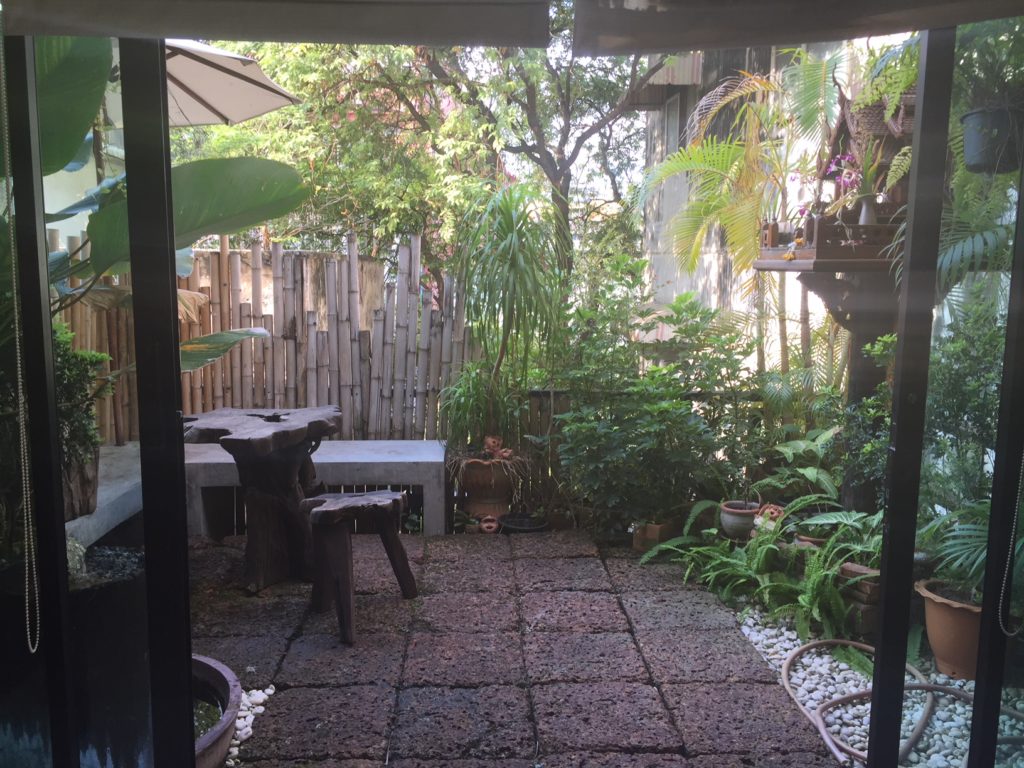
Productivity is a major challenge for many digital nomads. Share with us one of your best tips for staying motivated and getting sh*t done.
I do what I call “Whip Ass Warrior Sessions” at the end of every month, at the end of every quarter, and at the end of the year. With each milestone (month, quarter, year) they get bigger and more complex.
Basically, they’re self-check-in sessions. Solo retreats you can explore in the comfort of your own home, cafe, beach or bar and help you maintain accountability, direction and focus so you continue to get shit done.
And all you need is your badass self, a pen and a pad of paper (or a laptop, if you’re not stuck in the 90’s like me).
Then, when I get clear on my reflections, I put them into action!
For coaching clients I suggest hosting these individually on your own, and also with a small group–it helps keep you accountable and nurtures community.
Do you have any location independent role models who have helped you or motivated you to achieve your goals?
Three books/authors have motivated me beyond anyone else in terms of achieving my goals and living this lifestyle. The order in which they kicked my ass:
What’s one of the most valuable purchases you’ve made for your business–something that wasn’t necessarily expensive, but provided you with a lot of value?
If it’s something I purchased, I’d say: Dubsado. I’ve spent 5 years using Excel sheets to track payments, invoices, proposals, etc, and Dubsado has made my process so much more streamlined and efficient. For the investment, it’s worth it.
We can always make more money, but we can never make more time–this has freed me up to spend more time nurturing clients and work on my business, rather than in it.
Tell us about one of the biggest mistakes you’ve made and how others can avoid it.
Well first, I wanna preface this by saying we shouldn’t be afraid to make mistakes. If no one ever made mistakes, innovation and change would never happen. So mistakes, when approached as learning opportunities, can be totally legit.
But because you asked…
So video is kind of a thing now, right? Like, everyone is doing webinars and Facebook Lives, and YouTubeing, and doing so much video. Like everyone else, I occasionally have a serious case of FOMO and I drank the kool-aid–I needed in on this trend!
Five weeks after announcing a mind-blowing, business-changing, life-advancing video was coming, I still hadn’t filmed a god-damn thing. And I still haven’t. Because it doesn’t feel authentic to me. I’m awkward. I’m uncomfortable. And frankly, just not interested.
To say I’d do something and then not do it felt like I’d failed my audience and was a huge mistake. Like, Mount-Everest-summit-between-Tibet-and-Nepal kinda big.
But then I figured when we make a mistake, we have a choice: we can sink into a puddle of embarrassment and shame on the floor. Some of us even disconnect. Or we can pull up our big girl pants, acknowledge the error, learn from it, redirect our path, and find a new destination.
True of business. True of hiking. True of life.
You have a right to do what’s authentic to you and your brand. You have a right to say yes. Or no. Or maybe later. Or nothing at all.
You have a right to choose. You have a right to live your days freely, happily and with passion.
Put simply… You have a right.
So if you don’t want to make the same mistake, do what’s right for you. Your 1,000 true fans will eat it up.
Finally, if you could offer your younger, less experienced self one piece of advice for this journey, what would it be?
Calm down and breathe.
Still have questions about how Kristy built her online business and became location independent? Ask away in the comments!
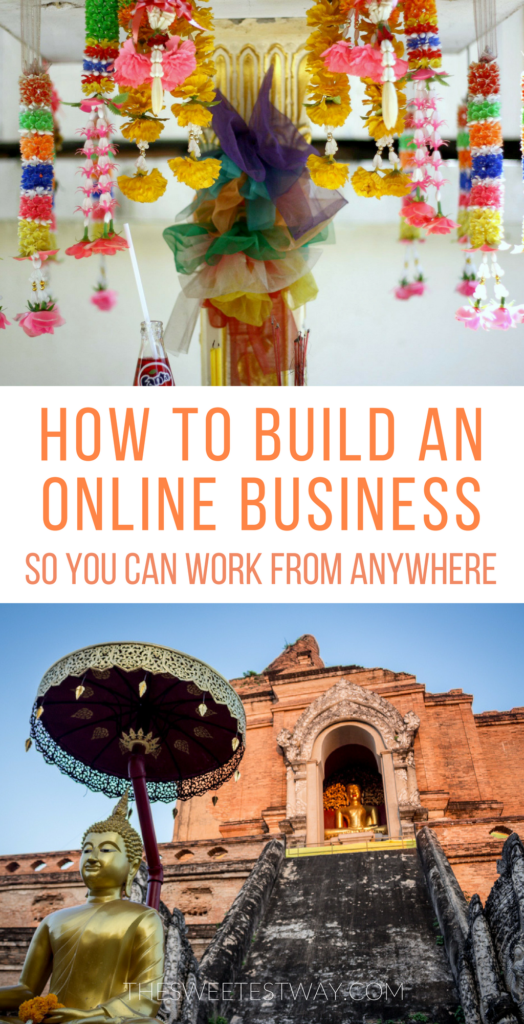
This post contains affiliate links, which means I may earn a small commission if you make a purchase, at no extra cost to you. Thank you for supporting The Sweetest Way!
